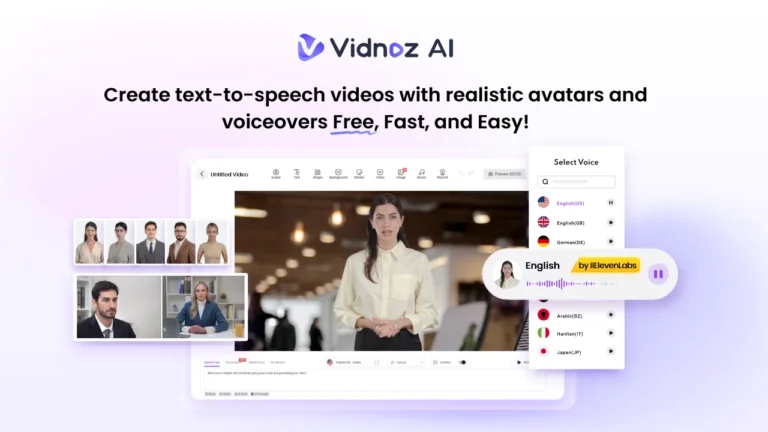Introduction
Artificial Intelligence (AI) is transforming every aspect of digital strategy, not to mention the design of websites or optimization of search engines. SEO now represents more than mere key word placement and link building, in the contemporary web development practice it requires an understanding of user intent, situational relevance and performance. AI-based applications provide marketers and developers with opportunities to automate the optimization procedures, speed up data analysis and predict trends with a precision never seen before.
1. Improved Keyword Research through Machine Learning
AI does more than analyzing search volumes to provide key words. Real time data, competitor activity and audience behavior are processed using machine learning algorithms to suggest most effective keywords.
Before proceeding to the following arguments, it is important to note that predictive analytics enable marketers to see the emergent trends before they enter the mainstream and give them a strategic edge.
Key Advantages:
- Long-tail keywords with the potential to convert the customer.
- Trending search terms prediction by means of behavioral data modeling.
- Finding distinction between informational intent, navigational intent and transactional intent.
- Grouping of semantic keywords in order to enhance topicality.
2. Smart Content Optimization
Days of manual stuffing of key words are over. AI prepares the content creators with the abilities to create structured and context aware content. SurferSEO, Jasper, and ChatGPT tools analyze existing top-ranked pages and offer advice on how to improve the readability and ranking opportunities.
Rationale:
- Tone, readability and structural coherence analysis, done automatically.
- Suggestions on the ideal length of content, hierarchy of headings and key word density.
- Improvement of the total content quality ratings that are relevant to SEO rankings.
3. Improvement of User Experience and Design
AI does not only enhance written content, but optimizes the entire experience of the user in an intelligent way. AI systems in the development of webapplicatie ontwikkelen analyze heat maps, patterns of click, and scrolling to maximize layout, navigation, and responsiveness.
AI‑Driven Enhancements:
- Interactive interface customization to each user
- Dynamic load-time optimization on the basis of device specifications
- Recommendations of predictive designs based on user data analytics
4. Voice and Visual search optimisation
With the increase in the use of voice assistants and visual query systems, AI becomes a necessary step in customizing these forms of search. AI is more effective than legacy algorithms in understanding conversational prompts and image-recognition patterns.
Voice and Visual Search Adaptations SEO:
- Natural language and question phrasing
- Natural language and question phrasing integration.
- Rich snippets and structured data implementation in terms of schema markup.
- AI image tagging to improve the ranking of search images
5. Automated Technical Seo and Monitoring
AI bots are capable of crawling sites, fixing broken links and proactive prediction of performance problems. Technical SEO work is thus more effectively handled through the tool of automation like DeepCrawl and Screaming Frog.
The advantages of AI in Technical SEO are:
- Instantaneous identification of redundant information
- Increase of site indexing and crawl frequency
- Constant observation of availability, mobile responsiveness, and accessibility
- Fluctuations in the SEO measures predicted
6. The Customised Search and Ranking Optimisation
AI brings the concept of personalization to SEO because it learns about the preferences of the users. Search engines are starting to prioritize search results according to the user intent, the search history, and the geographic location, and customized content is the key to success.
The artificial intelligence methods used to achieve personalisation:
- Returning user dynamic content presentation
- AI inference of ranking prediction
- Recommendations to enhance retention of users
7. SEO Strategy Sentiment Analysis
The direct consequence of brand reputation is the performance of the search. Sentiment analysis applications based on AI analyze large volumes of mentions on the internet to understand the general opinion.
Applications:
- Timely identification of negative indicators of trends
- Ongoing tracking of brand mentions and reviews
- Emotional tone measurement in feedback on audiences
8. Future algorithms Updating SEO
AI will be able to simulate the algorithmic change and how it will impact rankings. This vision helps the marketers to change strategies in advance before they affect visibility.
Predictive search engine optimization:
- Predicting volatility ranking
- Evaluating the future keyword competitiveness
- Suggesting changes in adaptive SEO to conform to changing trends in the industry
Conclusion
The use of AI has completely changed the way of doing SEO. Artificial intelligence makes websites continuously adjust to the ever-changing digital environment, whether it is advanced keyword research, automated auditing, personalization in real-time or not. To web developers, it is no longer a luxury to see AI-based SEO tools integrated into the platform, but rather a must-have to survive in a world that is changing so fast in terms of technology.





